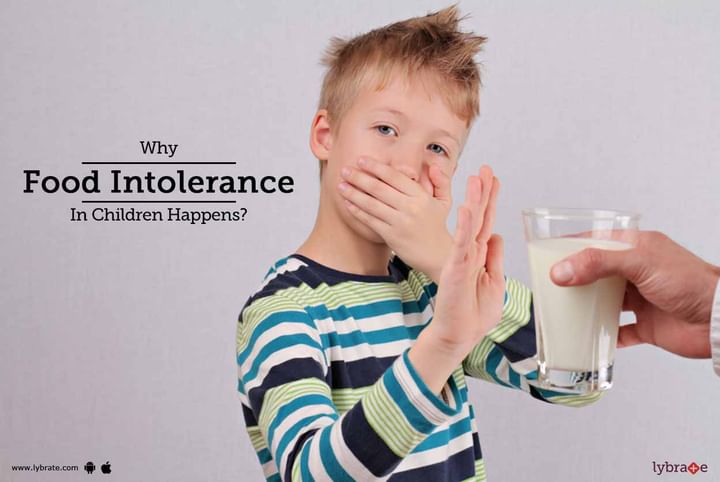Why Food Intolerance In Children Happens?
Sometimes, during consumption of certain food items many children get itchy throat, eyes, ears, asthma, sneezing, rashes, diarrhea and eczema. This can be due to food intolerance in children. It is a form of allergic disease in children. Every 1 out of 10 children suffer from food intolerance. These days, food allergies are becoming more and more common in children who are allergic to nuts, milk and eggs. In some cases it can also be life threatening. This condition is known as anaphylaxis. Milk and egg allergies are more common throughout the world.
Symptoms of food intolerance:
-
Your bowels start becoming irritable.
-
Stomach starts to ache.
-
Cough and cold is a common symptom.
-
Itchy skin rash
Causes of food intolerance in children:
-
There are enzymes in your body, which help you to digest the food you consume. Some enzymes in your body are insufficient; which further causes food intolerance in children. For instance, lactose intolerance causes spasms, stomach aches, diarrhea and so on so forth.
-
Food intolerance can also be caused due to chemicals, such as chemicals present in coffee, tea, cheese and chocolates.
-
Some food products can also cause food intolerance such as undercooked beans containing aflatoxins can cause extreme stomach infections in children.
-
Some children are also intolerant to certain food products which have salicylates such as majority of fruits, vegetables, herbs and also additives. Processed food contains a high amount of salicylates.
-
Children can be allergic to antioxidants like artificial food coloring, artificial flavoring and preservatives.
What to do if you think your child has food intolerance?
-
Take your child for a skin prick test. In this test, the skin is pricked with a thin needle and when the blood oozes out, supplements of different food products are put in that area. If that particular area becomes reddish and begins to itch, your child has allergy to that certain food product
-
A blood test should be done. It verifies the level of lgE present in your blood and finds out if your child is suffering from food intolerance or not.



+1.svg)
